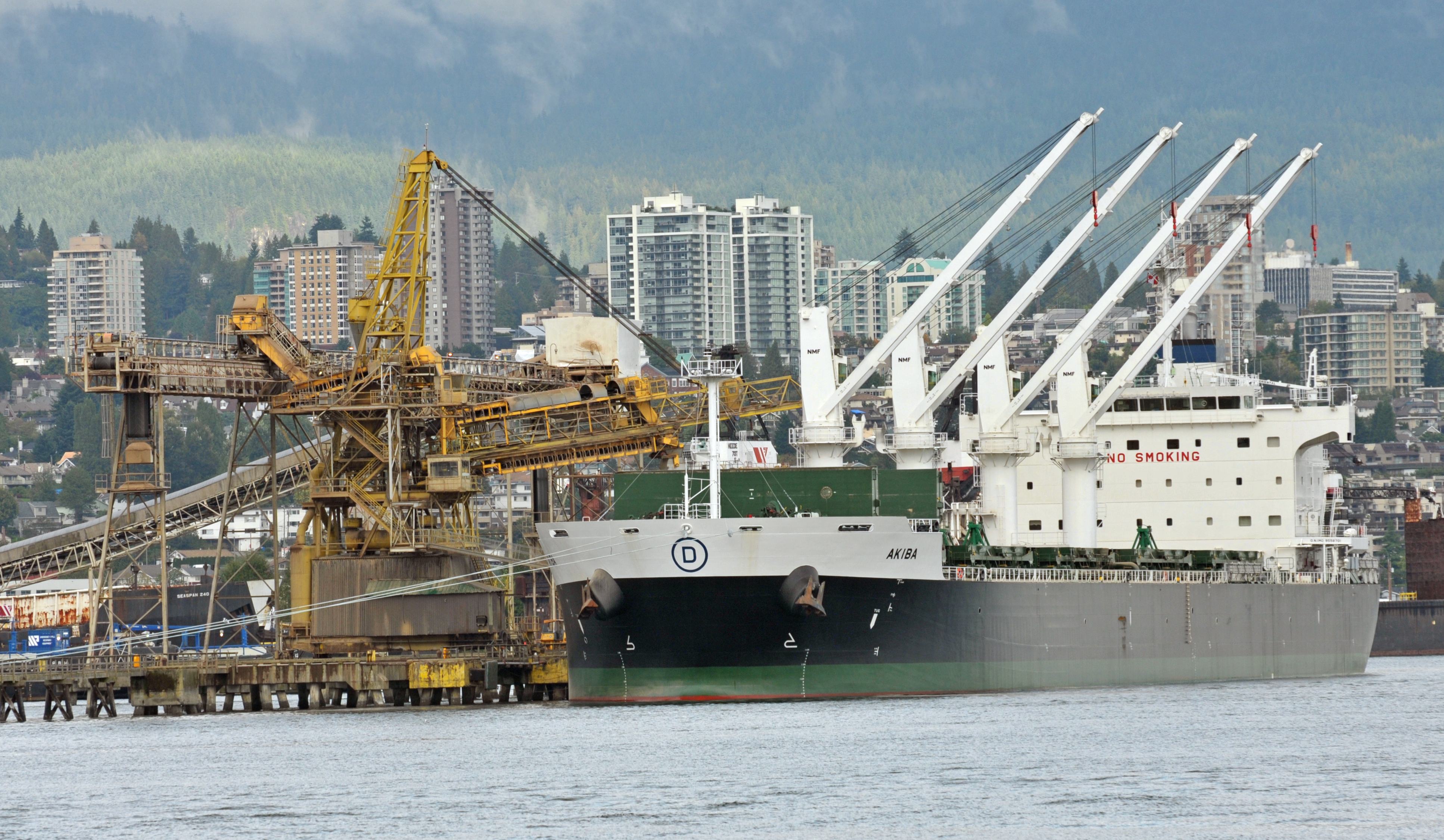Darryl Anderson, Managing Director of Wave Point Consulting in this 2013 Institute of Chartered Shipbrokers Shipping Network article argues that a key issue for the future of Port State Control is whether both advanced countries and those from rapidly developing nations have the institutional capacity, political appetite, or commercial will to use PSC in a uniform manner. An uneven international appetite, or application of the PSC policy tool, will no doubt contribute to increased regionalism in the years ahead.
Shipping regionalism will also be driven by the extent that underdeveloped countries remain outside of the PSC MoU system. To avoid succumbing to the trends driving regionalism in their entirety, the respective MoU members may need to reconsider the inclusion and role of co-operating Member Authorities and observer Authorities, since the scope of interested parties is now no doubt wider than just the Flag and Coastal State, as was in the past.
Issues Impacting Port State Control
Nine regional Memorandums of Understandings (MoUs) have fundamentally strengthened the power of Port State Control (PSC) on shipping. But there are challenges ahead and how PSC responds to the evolving market will be critical to its sphere of influence in the future. Whether responding to changes in ship technology, environmental issues, the Maritime Labour Convention, ship ownership, vessel registration, or the direction of maritime trade flows, the coming years will be interesting ones for PSC.

